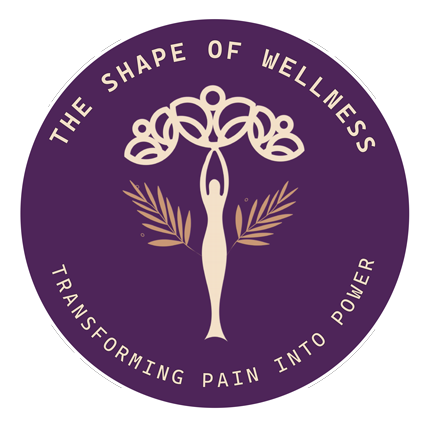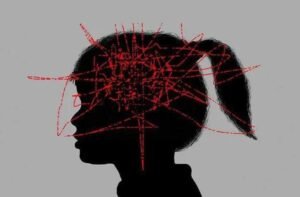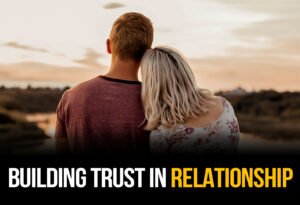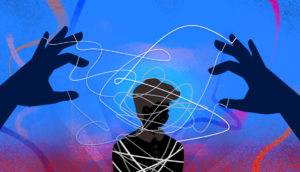Why Do We Crave to Be Deeply Understood?
Have you ever found yourself over-explaining, trying to make sure people truly “get” you? Do you go out of your way to understand others, hoping they’ll do the same for you—only to feel unseen, unheard, and disconnected in return?
That deep, unshakable desire to be understood isn’t just a personality trait—it’s often a trauma response. It comes from emotional neglect, a wound left open from childhood when your feelings, thoughts, and experiences weren’t properly acknowledged.
And it can follow you into adulthood, shaping how you interact with the world.
The Root of Feeling Misunderstood
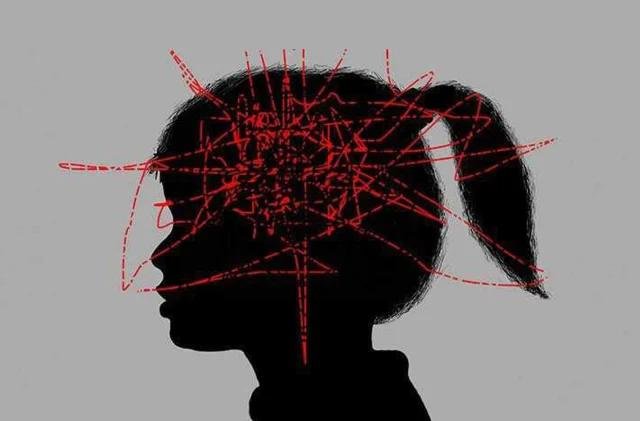
As children, we rely on our caregivers to mirror our emotions, validate our thoughts, and help us make sense of the world. When that doesn’t happen, we grow up feeling like something is missing.
Children who experience emotional neglect often:
- Feel unseen or unheard in their family dynamics.
- Learn that their emotions aren’t important because they were dismissed, ignored, or invalidated.
- Develop an inner dialogue of self-doubt, constantly questioning their worth.
Without proper emotional mirroring in childhood, the mind searches for it elsewhere. That’s why, as adults, many people seek external validation in extreme ways, hoping to finally feel understood.
This manifests in two major patterns:
- Over-explaining and over-sharing – Trying to justify your emotions, thoughts, and actions to get others to “get it.”
- Over-extending empathy – Trying to deeply understand and care for others, hoping they will return the favor.
But the reality? Most people won’t understand you at the depth you crave. And that realization can feel devastating—until you begin to heal.
The Cycle of Feeling Misunderstood
Many people who struggle with this wound live in a constant cycle of disappointment:
- They give more than they receive, believing that understanding others will make them feel understood.
- They feel hurt when people don’t reciprocate the same depth of empathy.
- They internalize the pain, feeling alone, unseen, and unworthy.
- This pushes them to over-explain even more, hoping to finally be understood.
Over time, this cycle creates exhaustion, resentment, and emotional disconnection—not only from others but from yourself.
This is when the wound starts to turn inward. If no one truly understands you, and if you constantly feel disconnected from others, you may begin to feel disconnected from yourself.
And that’s when the deeper realization sets in:👉 What you’re searching for externally is something you needed as a child.
Healing Begins With Grieving
The hard truth is that no one will ever understand you at the depth you wish they would—because the person who was supposed to do that was your caregiver.
That’s not an easy truth to accept. It hurts. And it’s okay to grieve that.
Grieving means:
- Acknowledging that your emotions were overlooked as a child.
- Recognizing that your caregivers didn’t meet your emotional needs.
- Allowing yourself to feel the sadness, anger, or emptiness that comes with that realization.
It’s painful, but necessary. Without processing this grief, you’ll keep searching for something no one else can give you.
Healing Doesn’t Mean Hyper-Independence
Understanding this trauma response isn’t about pushing people away or deciding, “Fine, I don’t need anyone.” That’s hyper-independence, which is another trauma response.
Instead, it’s about learning to hold yourself while also letting others in.
Here’s what that balance looks like:
✅ Taking responsibility for your emotions – Others can support you, but it’s not their job to define your identity or regulate your emotions.
✅ Recognizing when you’re over-explaining – If you’re constantly justifying yourself, ask: “Is this for clarity or validation?”
✅ Appreciating the moments of understanding you’ve had – Even if people aren’t in your life anymore, the moments when someone truly “saw” you still count.
✅ Building a deeper relationship with yourself – The more you understand yourself, the less painful it feels when others don’t.
Reframing Your Need to Be Understood
Instead of endlessly seeking validation, ask yourself:
💭 Why would I give someone else the power to define me?
💭 If I had emotionally available caregivers, wouldn’t they want me to develop my own sense of self?
Healthy caregivers don’t control you—they guide you while allowing you to make your own choices.
That’s what you need to start doing for yourself.And the more you build that inner understanding, the more peace you’ll find even when others don’t get you.
You Are Not Alone in This
The feeling of being misunderstood will always exist to some degree. Not everyone will get you. But that doesn’t mean you’re alone.
💡 While grieving what you never had, also take time to appreciate those who have tried.
Even if those people aren’t in your life anymore, even if the understanding was brief, it still mattered.You are still seen. You are still worthy.
Final Thoughts: Self-Understanding is the Answer
🧠 The more you understand yourself, the less you’ll feel hurt by others not understanding you.
You are not broken for wanting to be understood. You are not wrong for craving deep connection.
But the most important connection you can build? Is the one with yourself.
And that starts now.
Let’s Talk About It LIVE on TikTok!
🚨 Struggling with feeling misunderstood? Let’s unpack it together—LIVE!
📅 Join me LIVE on TikTok starting 3/24, every Monday, Tuesday, and Wednesday from 8PM-9PM CST.
💬 Drop a “💙” in the comments if you’re joining!
🔹 Follow me on TikTok (@theshapeofwellness) for deep dives into healing, trauma, and self-discovery.🔗 Follow here: @theshapeofwellness on TikTok
